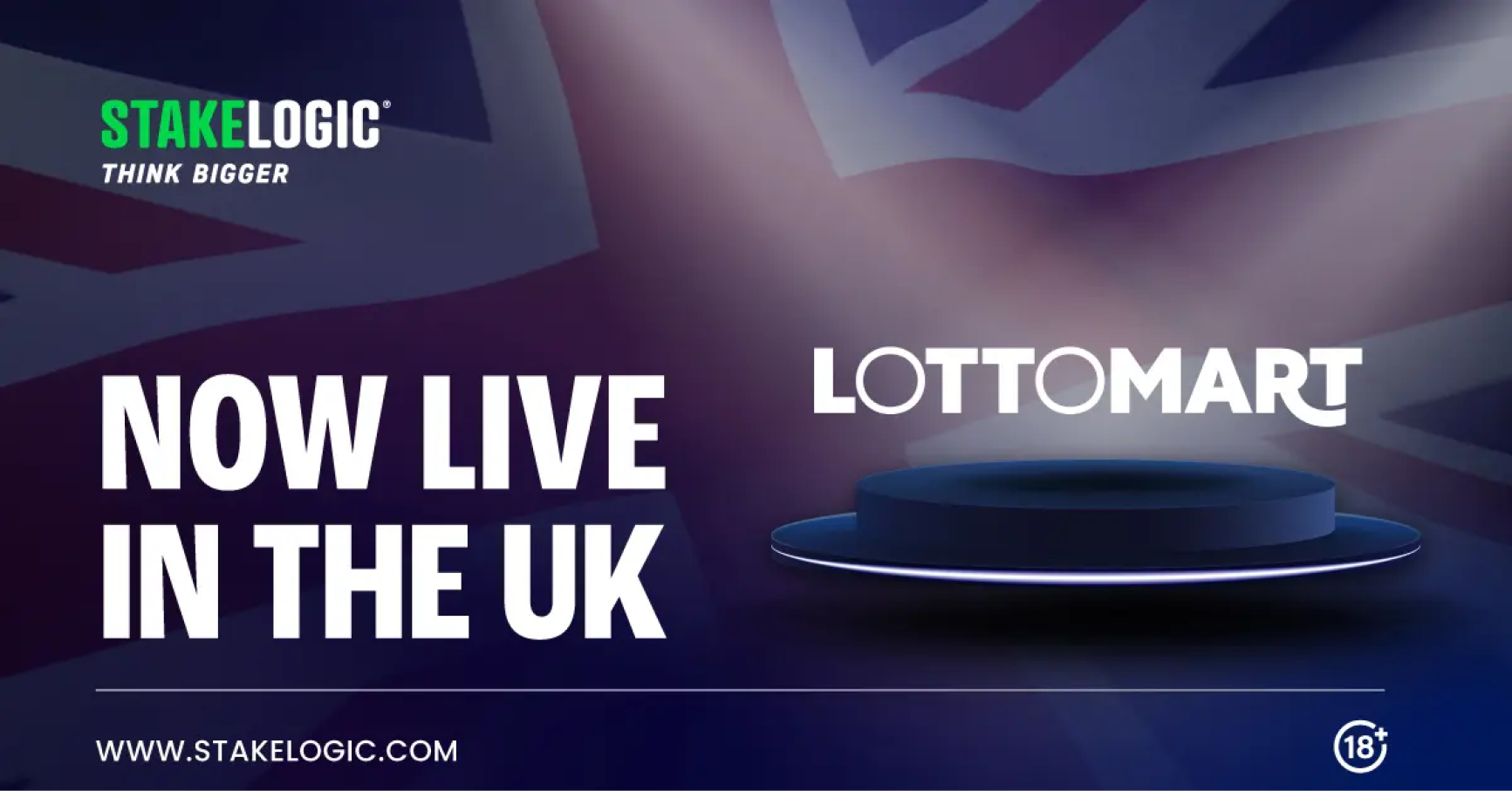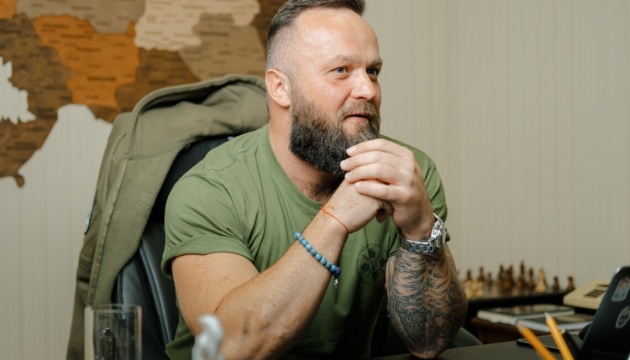Tech
Warren Buffett’s early birthday present is $1 trillion market cap

Berkshire Hathaway reached a $1 trillion market capitalization Wednesday morning, becoming the first non-technology company in the U.S. to do so. The milestone amounts to an early birthday present for chairman Warren Buffett, who turns 94 on Friday.
The conglomerate’s Class A shares initially rose over 1% Wednesday and hit an all-time high above the $699,000 mark, allowing Berkshire to temporarily crack the $1 trillion threshold, before falling slightly as the day continued. Berkshire has famously never split the stock, which sells for almost 70% more than the median price of a home in the U.S., according to data from the St. Louis Fed.
That’s because Buffett wants to attract investors with investment horizons in line with his buy-and-hold philosophy. The shares have gained 29% year to date, compared to just 18% for the S&P 500. Investors can gain cheaper exposure to Buffett’s portfolio, however, with the company’s Class B shares, which also hit an all-time high Wednesday and are trading above the $462 mark.
Before he was known as the Oracle of Omaha, Buffett bought a struggling New England textile manufacturer in 1965, believing it was available for a bargain. It proved to be a bad bet, but Buffett transformed the company into one of the largest conglomerates in history, making Berkshire a vehicle for his investment philosophy that centers on value-oriented stock picking and diverse acquisitions.
His approach proved successful. From 1965 to the end of 2022, Berkshire’s stock rose 3,787,464%, far outpacing the S&P 500’s 24,708% gain. If you invested $10,000 in Berkshire 59 years ago, Fortune’s Will Daniel noted, you would have made $378 million by the end of that span.
Old-school Berkshire Hathaway stands alone among Big Tech players
As a result, Berkshire is flirting with a club previously only occupied by the U.S. tech giants and Saudi Aramco, officially the Saudi Arabian Oil Group, the kingdom’s state-owned oil company. Buffett’s conglomerate boasts the seventh-biggest market cap in the U.S., exceeding those of Eli Lily, Broadcom, and Tesla.
The tech members of what Fortune’s Shawn Tully dubbed the Trillion-Dollar Club enjoy incredible dominance in their respective markets. Their long-term fates, meanwhile, appear tied to the hundreds of billions of dollars they’re spending to ensure they remain leaders in the age of AI.
Buffett’s company, therefore, is distinct for its old-school holdings. Berkshire’s signature property is Geico Insurance, and it also owns household names like Duracell, Fruit of the Loom, Dairy Queen, and BNSF Railway. Buffett is revered for his value-based approach, which has typically favored the likes of Coca-Cola and American Express rather than Big Tech, and his company owns more short-term treasuries than the Federal Reserve.
Nonetheless, it’s worth noting that Apple makes up roughly 40% of Berkshire’s portfolio, remaining the company’s biggest holding, even after Buffett created headlines by recently offloading almost half of his position in the iPhone maker. The selloff, which generated the bulk of Berkshire’s $90 billion in proceeds from sales in the first half of 2024, Tully wrote, might go down “as of one of the best bets of his career.”
Buffett has previous warned Berkshire’s size could become an obstacle to future returns, saying the conglomerate is generating more cash ($277 billion, including short-term equivalents, as of last quarter) than it can adequately deploy.
Thus far, however, he and his investors have had plenty to celebrate.
In our new special issue, a Wall Street legend gets a radical makeover, a tale of crypto iniquity, misbehaving poultry royalty, and more.
Read the stories.










